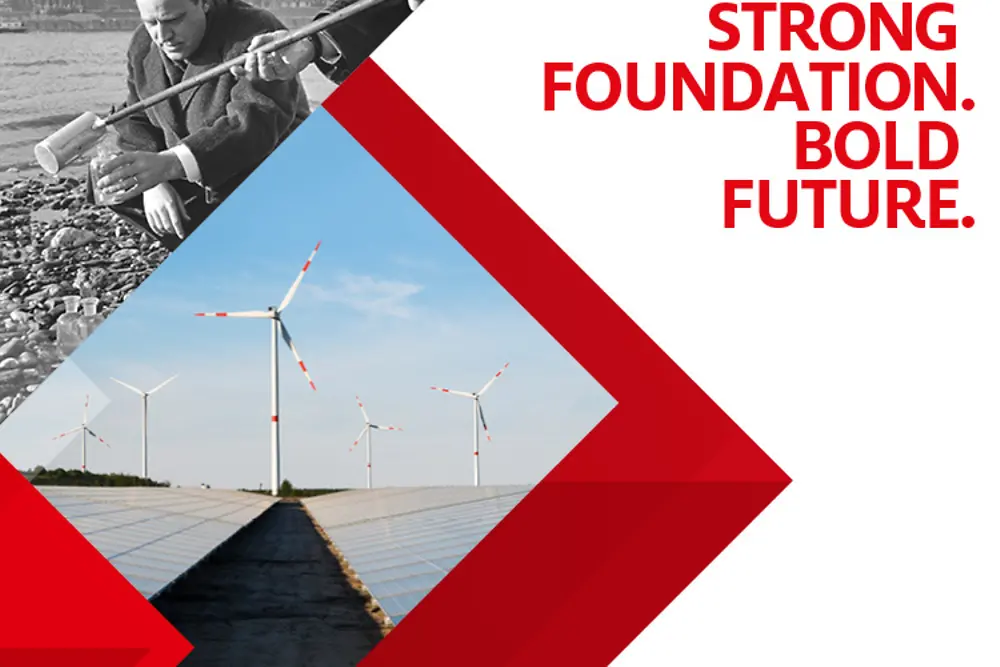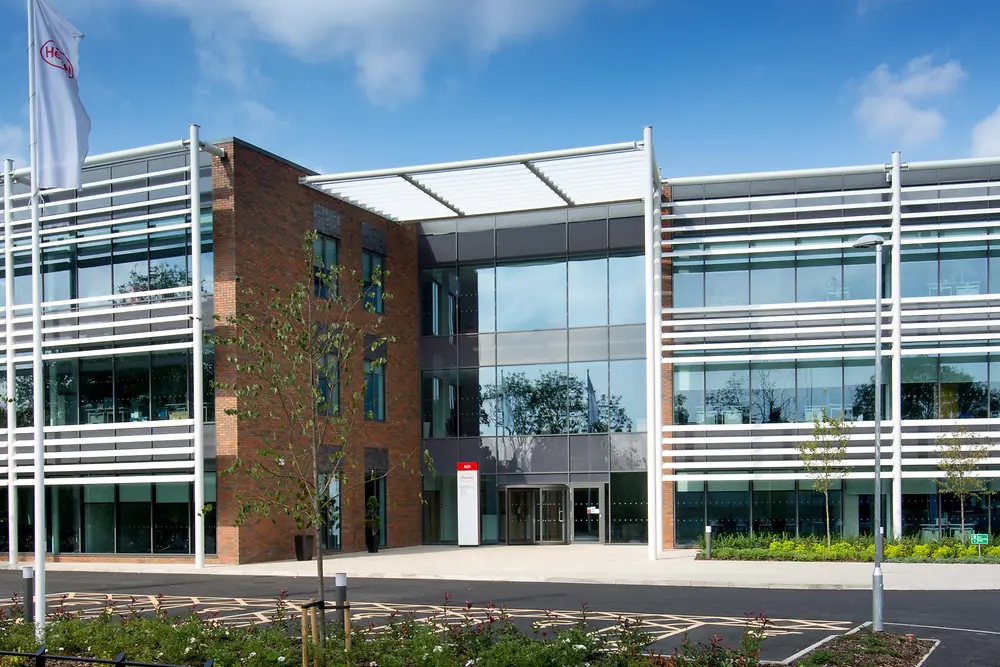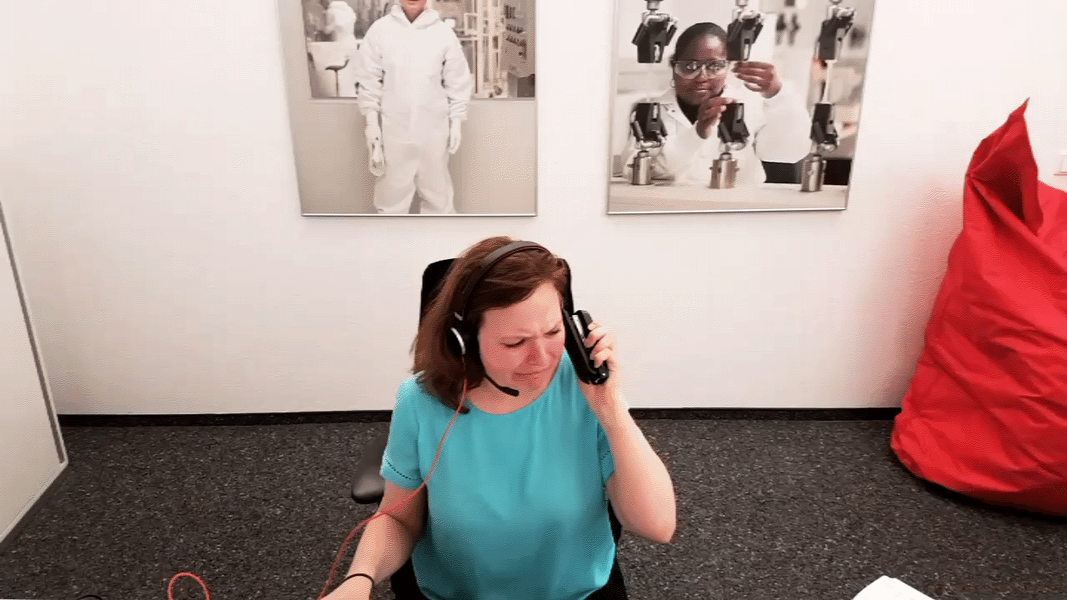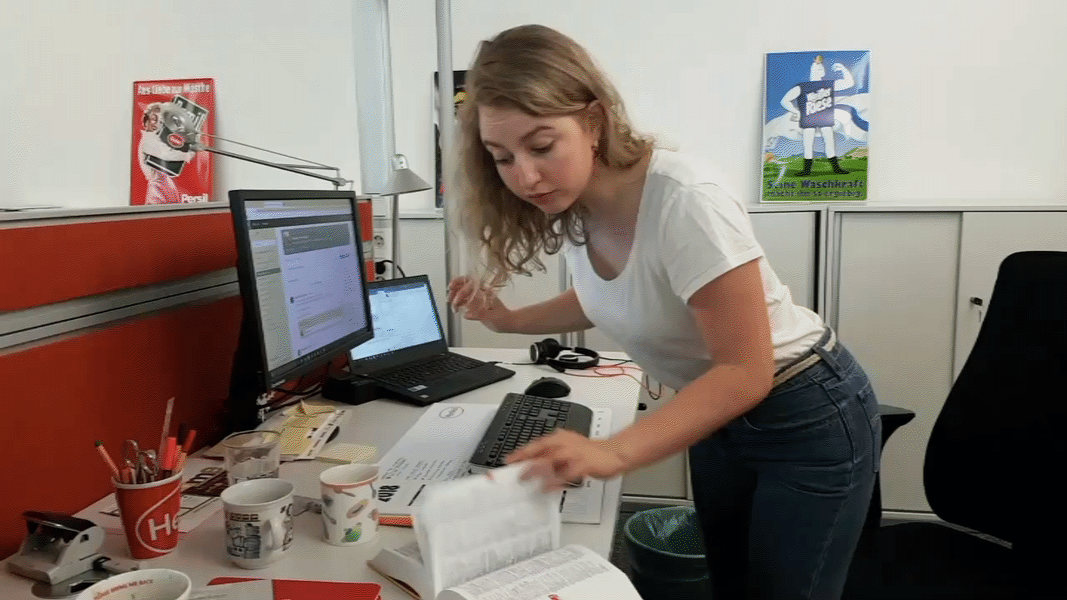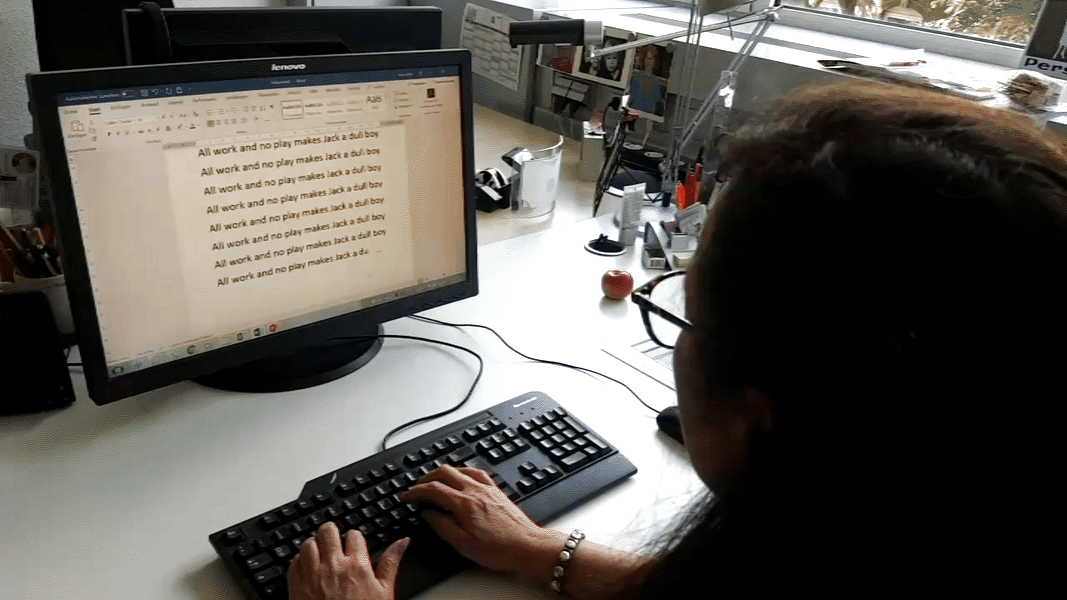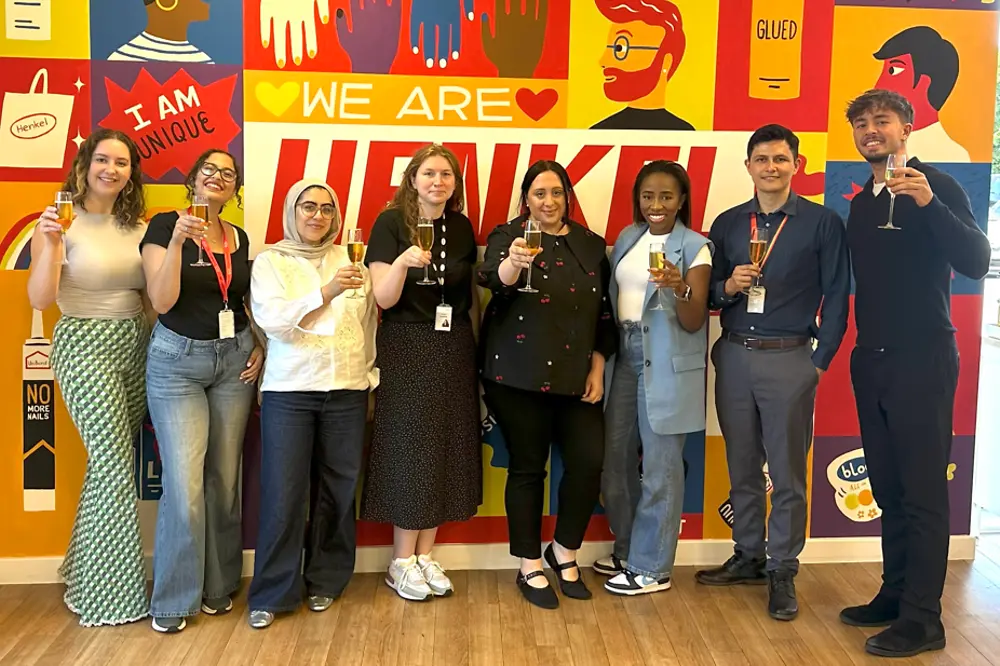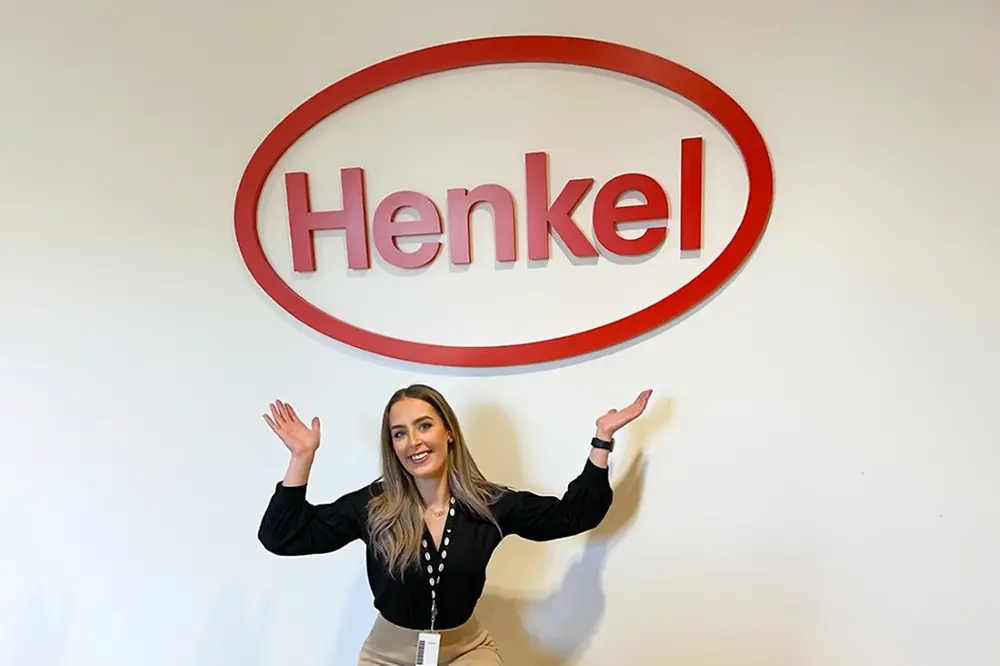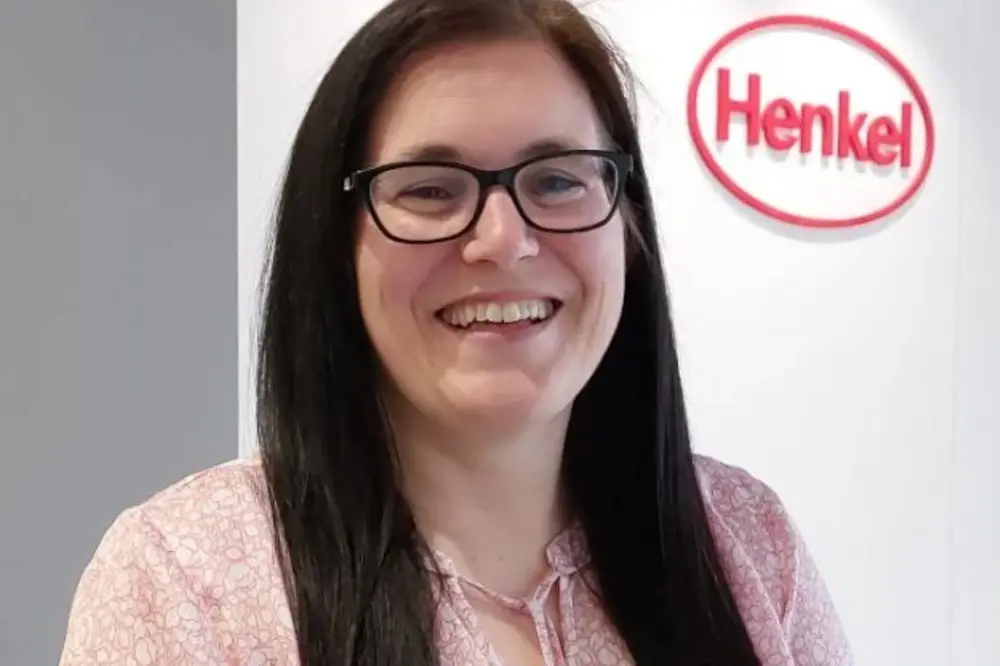Learn more about Henkel Brands & Businesses in UK & Irelands: Includes useful information about the brands, technologies and latest innovations in our business areas: Henkel Adhesive Technologies and Henkel Consumer Brands.
What sounds like a new lifestyle trend is actually a paradigm-shifting concept for the world of work. New Work is more digital, more flexible and more collaborative. Job applicants and employees are demanding more freedom to decide where, when and how much they work, while companies are devising new strategies to recruit and retain the best people in their field.
Mega-trend: New Work
Arrive at the office at 9 a.m. sharp, work through e-mails, calls and meetings, go home at 5 p.m. – whatever comes in after that will have to wait until tomorrow. The same job, in the same office, for your entire career. That was then. When it comes to the future of work, you can't miss the concept of New Work.
Now, globalization has changed the parameters for work and business. The world has shrunk: Young people study abroad, companies send their employees around the globe, production sites have international competition. People who manage projects or work in creative fields typically need nothing more than a laptop and a fast internet connection. They collaborate with their teams and customers virtually and communicate with them in a quick, concise and goal-oriented manner using digital tools. Being physically present is seldom necessary. Instead, it’s all about new ways of working. Matters that used to be local and time-constrained can now be taken care of at anytime, anywhere.
More freedom through New Work?
In the 1980s, philosopher Frithjof Bergmann coined the term “New Work” to refer to a different way of organizing work: he saw alternative work-time models as the key to preserving jobs in a context of increasing automation and offering new perspectives as a way of unbridling creative potential. Almost forty years later, this prediction is coming true.
Flexibility is meant literally, making what happens after work all the more important. Work-life balance is the true indicator of how attractive a job offer is. When your smartphone also receives business-related emails, achieving that balance starts to look like a slalom: work-life blending no longer differentiates between work hours and free time in a clear-cut way. Most people are “always on” and reachable anyway. Companies are reacting to this development, too.
The future of work opts for the automation of processes, for example in the field of production. Machines can be controlled centrally via computer systems and run independently. However, Industry 4.0 cannot function without people. Studies predict that human resources will continue to be important in fields such as controlling functions.
Glossary SchließenThe boundary between the work and private life is blurred due to flexible working models. Many employees are available for work outside of normal business hours, and colleagues spend their free time together. Mindfulness in both areas is all the more important in order to stay focused.
Glossary Schließen“Performance can no longer be equated with presence at the office. We promote a work environment based on trust, and we are evolving past the culture of physical presence in many areas.”
HR Director Lucas Kohlmann, describing the workplace culture at Henkel
While the values of New Work may seem unusual or strange to some older workers, they are a complete no-brainer for most young recruits. They have never known anything else. They also have different priorities from their parents. Scientists place the cutoff at Generation Y: the people born after 1980. More commonly known as Millennials, these young adults were raised more freely and more democratically than earlier generations and as a result, they boldly stand up for their own interests.
Being tactical, playing life by ear and then swinging into high gear when an opportunity presents itself – that’s how sociologist and generations expert Klaus Hurrelmann describes the mentality of “thirty-somethings”. They have been spared any real hardship, but they have experienced how purportedly stable systems can be thrown off balance and stretched to the breaking point – be it through terrorism, economic crises or climate change. At the same time, they have seen the power of digitalization first-hand and have grown up alongside it.
Self-realization thanks to New Work
To find success in the age of New Work, it’s less about age than about experience with technology and attitude. A compounding factor, however, is that Generation Y is smaller than that of the baby boomers. Highly skilled workers have never been in a more privileged position. The war for talents has changed the power structures on the labor market. A job has to do more for applicants than just earning them a secure living. It also needs to enrich their lives and make them proud, but without encroaching on their free time. The mindset of Generation “Why?” is summed up by a question.
“Millennials are looking for fulfilment, self-realization and something like the meaning of life through their jobs. In no other area are the Y-ers such radical utopians.”
Generations expert Klaus Hurrelmann
Not every employer needs to be on a mission to save the world in order to meet these expectations. Companies should, however, stand for clear values that employees can identify with.
“We talk to potential employees about our corporate values from the very first time we meet them,” says Kohlmann. “That allows both sides to make sure we’re on the same wavelength from the get-go.” In addition, employees who want to redistribute their time will be offered a New Work Model. Flexible work hours are already the norm, but sabbaticals and job-sharing models are increasingly in demand.
The new world of work
Even the experts don’t know how we will be working 10 or 20 years from now. What we do know is that New Work won’t get old. Meanwhile, the next upheavals are already in sight. Automation, artificial intelligence and robotics aren’t just setting new industrial benchmarks. Knowledge-based work is also changing, as bots take over tasks that people still carry out today. At the same time, new jobs and career profiles are emerging on a daily basis. There is no way around it: we have to change our mindset, try out and accept new things. “Lifelong learning” is the name that companies like Henkel have given to the approach that familiarizes employees with new technologies, processes and ways of thinking. The Group is making headway in this field with its advanced training initiative, “Digital Upskilling”.
Many organizations are also testing out flexible forms of collaboration and breaking up hierarchies: short sprints are replacing long-winded, static processes. Sooner or later, all of us will have to bid farewell to workspaces in the form of a designated desk with fixed hours. Employers big and small are increasingly replacing these with open-space concepts in which teams can come together in new constellations each day. Those who use the technology to their advantage will still have lots of responsibilities, but probably less work in the future.

